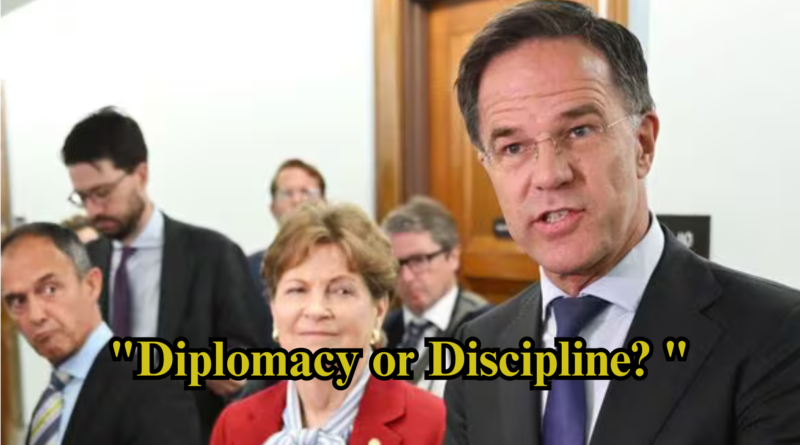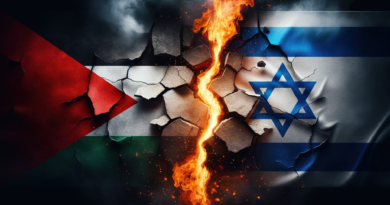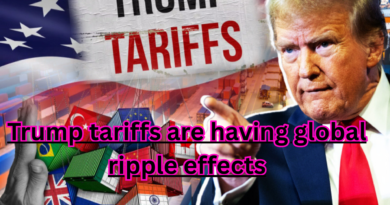“Diplomacy or Discipline? NATO’s Warning to Non-Aligned Nations”
In a bold and unprecedented statement, NATO Secretary-General Jens Stoltenberg has issued a stern warning to global powers like India, China, and Brazil regarding their continued ties with Russia amid the ongoing Ukraine war. Speaking at a recent NATO summit, Stoltenberg emphasized that neutrality or passive diplomacy is no longer acceptable in the face of escalating aggression by the Kremlin. He urged these major economies to use their leverage and influence to press Russian President Vladimir Putin into ending the conflict, warning of diplomatic consequences and potential sanctions for those who choose to ignore the gravity of the situation.
The NATO chief’s comments reflect growing frustration within Western alliances as Russia continues its military campaign in Ukraine, which has now dragged on for over two years. Stoltenberg highlighted how countries like India and China have maintained economic and strategic engagements with Moscow, including energy deals and defense cooperation, which he argued are indirectly enabling Russia’s wartime capabilities. Brazil, too, has maintained a relatively neutral stance, drawing criticism for what Western officials perceive as a lack of moral leadership on the global stage.
India, in particular, has been purchasing large quantities of discounted Russian oil, helping Moscow cushion the blow of Western sanctions. While New Delhi maintains that its actions are driven by national interest and energy security, NATO’s latest warning suggests a narrowing tolerance for such justifications. Stoltenberg hinted that if diplomatic appeals fail, NATO members may consider targeted sanctions against third-party nations that actively aid Russia’s economic resilience.
China, a global superpower and Russia’s closest strategic ally, received the sharpest rebuke. The NATO chief accused Beijing of providing Russia with dual-use technologies and shielding it from diplomatic isolation. While not directly accusing China of supplying weapons, Stoltenberg pointed to “credible intelligence” indicating Chinese companies are assisting in rebuilding Russia’s defense production. He appealed to China’s international responsibilities as a permanent UN Security Council member to help restore peace and uphold international law.
Brazil’s role, though less pronounced than China’s or India’s, was also questioned. Stoltenberg criticized President Lula da Silva’s ambiguous stance, especially his recent calls for peace without directly condemning Russia’s actions. He stressed that moral clarity and active engagement are required from all democratic nations if the international community is to prevent further deterioration in Eastern Europe and uphold the global rules-based order.
The NATO warning marks a significant escalation in diplomatic pressure and signals a shift in how the West may deal with countries that seek to walk a fine line between East and West. While India, China, and Brazil may resist such overtures by emphasizing sovereignty and strategic autonomy, the NATO chief’s remarks make it clear that continued indifference or worse, indirect support could carry consequences in the evolving geopolitical landscape. The coming months may determine whether these nations adjust their positions or face growing diplomatic isolation from Western alliances.




